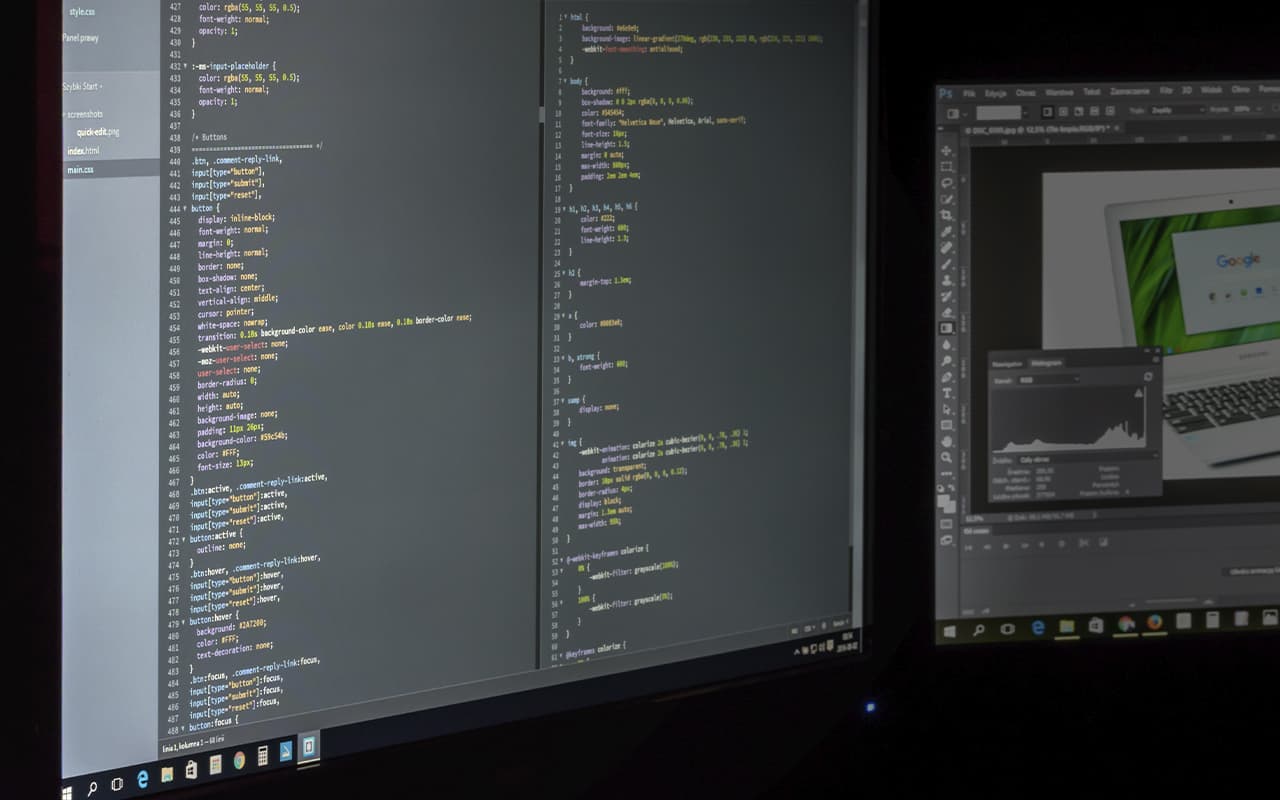PHP is a scripting language designed to generate HTML pages on the web server side. PHP originally stood for Personal Home Page, but now its official name is PHP: Hypertext Preprocessor.
PHP is one of the most common languages used in web development and is supported by most web hosting providers. PHP interprets the web server into HTML code that is passed to the client side. Unlike JavaScript, the user doesn’t see the PHP code because the browser receives the finished HTML code. This is a security advantage, but degrades the interactivity of the pages.
Is PHP suitable for beginners
Despite the fact that the global IT community has long predicted the decline of PHP, today about 80% of all sites use it as a server-side language. Of the 10,000 most heavily loaded sites in the world PHP is chosen by 56%.
Due to this popularity, a beginner in PHP does not even always need to write code, because its examples can always be found on the Internet. Thus, a beginner while working is unlikely to encounter a problem that cannot be solved.
In addition, PHP has a large non-corporate application sector, where a beginner with even minimal knowledge can easily enter, as well as a significant freelance market. PHP is one of the easiest programming languages to learn and is well suited for beginners with a rudimentary knowledge of computer networks and programming.
PHP is used in many areas of development today.
Web Development. The language was first developed to create web pages, so PHP allows you to make sites with intuitive and adaptive design quickly and easily. PHP’s functionality, namely integration with HTML, good compatibility with different databases, security and user-friendly interface, contributes to the convenience of web development.
In today’s ecosystem, every web page requires a high level of customization and must provide a highly interactive user interface. Since PHP scripts run on the server, the HTML code page can be created dynamically. And site visitors deal with the customized pages without coming in contact with the scripts.
E-commerce. This is another big area where PHP offers many easy ways to create products. Many popular online platforms such as OpenCart, Zen Cart, Magento, PrestaShop and Ubercart are made with PHP.
Organization-wide software. Organizational software includes content management systems (CMS), customer relationship management (CRM) systems, resource management systems (ERP), and other tools for managing enterprise assets. The use of PHP for enterprise software development is gaining momentum due to its flexibility, easy integration, and various payment options.
Database creation. Writing a database in PHP is greatly simplified by using special extensions or connecting to one of the databases that support the ODBC standard. PHP provides support for a variety of databases including MySQL, Oracle and MS Access (over 20 in total) and can also be used to prepare unique databases. PHP is characterized by the simplicity of generating a page that works with the database.
Mobile applications. Today you can see few self-sufficient applications, most of them rely on backend services. The server side of the application is responsible for aggregating various data from the mobile device, user behavior patterns, saving user settings, etc. Several PHP frameworks, among them Symfony and Laravel, are well suited for creating the backend of mobile applications.
Considering the ease of learning PHP, open source software, wide range of applications and a large number of websites written in PHP, this language can be considered a good option to start in IT.
